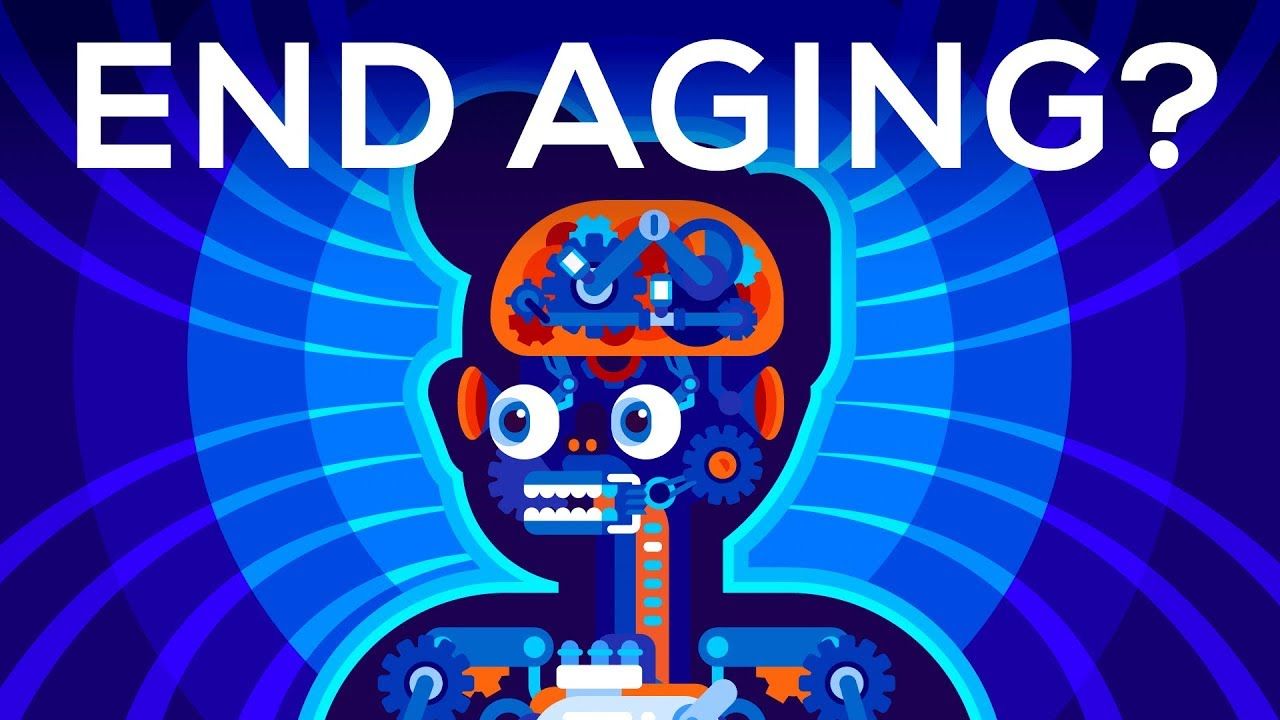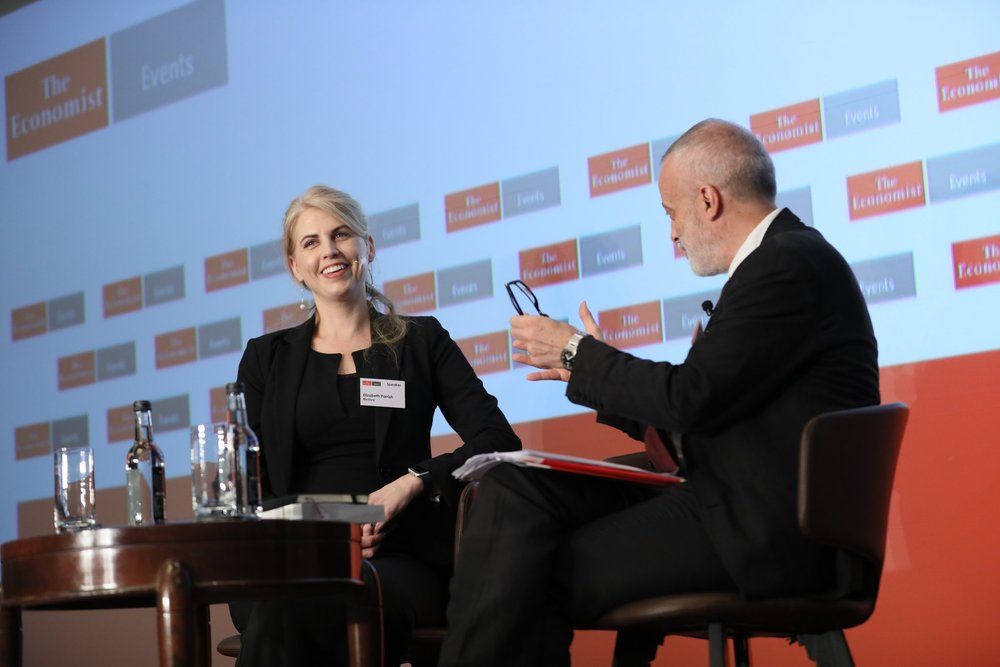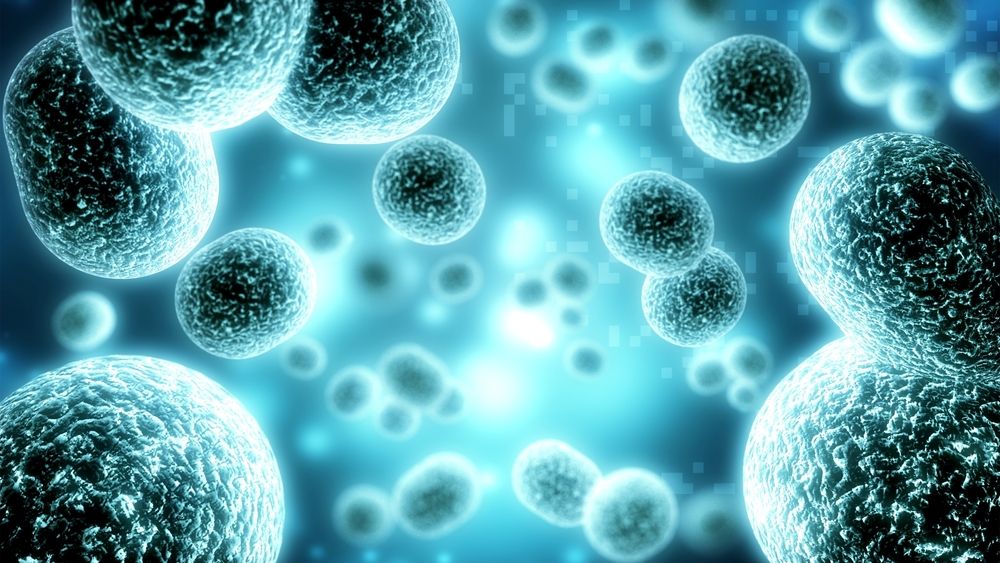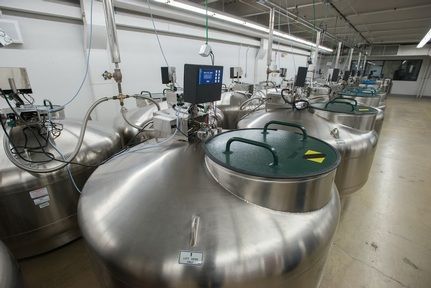Nov 13, 2017
Overwhelming Support for Life Extension
Posted by Steve Hill in categories: biotech/medical, life extension
Well, it has been a super busy month due to the popularity of the new Kurzgesagt videos about aging, and we have seen a massive positive response from the audience to the ideas presented there.
At the time of writing, 116,000 people have liked the video so far, and a mere 963 people have disliked it, with almost 2 million total views to date. Once again, as in the previous video, the ratio of support versus opposition is massively in favor of doing something about aging.
Continue reading “Overwhelming Support for Life Extension” »

















